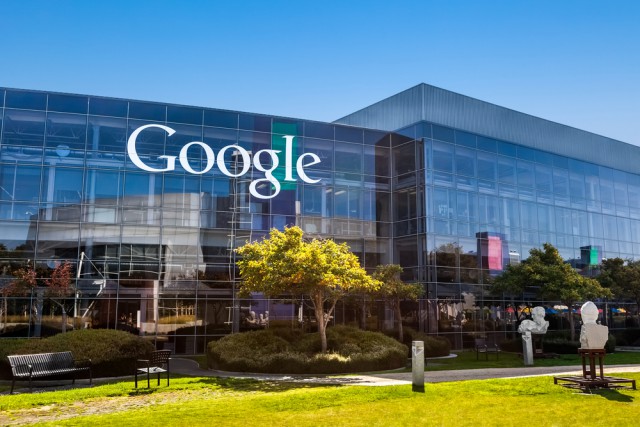
Google acquires media streaming and monetization platform Anvato
End-to-end video streaming and monetization platform Anvato announced recently that it has been acquired by Google, and that it will be joining the Google Cloud Platform team.
Anvato is a video processing software solution, offering encoding, editing, publishing and distribution of videos on various platforms. The company’s clients include NBCUniversal, MSNBC, CBS, Univision, HGTV, Bravo and Fox Sports, and they use their services to power live streams, to edit videos directly in the cloud, and insert ads.

New network monitoring tool offers better visibility and control
Owing to the growth of cloud and hybrid environments, IT teams are faced with increasingly complex networks that are a challenge to control and monitor.
IT management solutions specialist Ipswitch is launching a new product that allows teams to visualize, troubleshoot and monitor networks, servers, virtual machines and applications from a single piece of software.
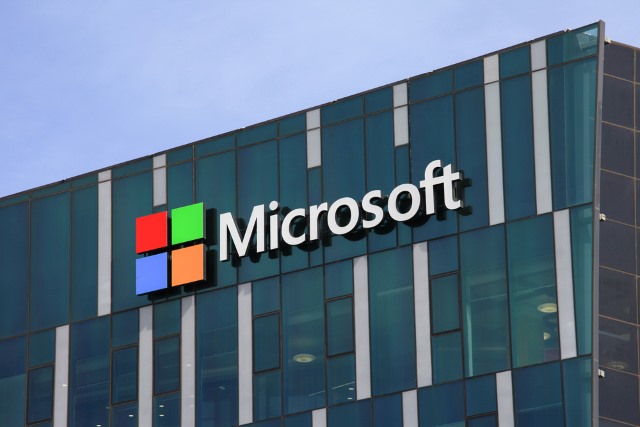
Microsoft launches AppSource and Dynamics 365 enterprise apps
Microsoft has introduced new business apps and services aimed to be intuitive, deliver helpful assistance, and improve the lives of their users. The new offerings are called Dynamics 365 and AppSource.
Dynamics 365, available this fall, will unify the current CRM and ERP solutions into a single cloud service, with new apps to better manage specific business functions. Power BI and Cortana Intelligence are also integrated, to offer customers predictive analytics and prescriptive advice. Dynamics 365 will be deeply integrated with Office 365.

Cost is not the main reason behind cloud adoption
The notion that cloud computing solutions are being driven primarily by reduced costs, and that they’re causing IT teams to shrink everywhere seems to be significantly in the myths area.
A new report by Six Degrees Group (6DG) points out that there are other, more important reasons, businesses opt for cloud solutions, and that teams are not necessarily shrinking, but reshaping mostly.

New partnership delivers cloud solution for the insurance industry
Insurance companies have slightly different software needs from other businesses. They need to expand accounts, drive renewals, streamline the new policy acquisition process and manage claims.
Now cloud specialist Vlocity and insurance solution provider Insurity are announcing a partnership that will deliver a cloud solution for insurance businesses.
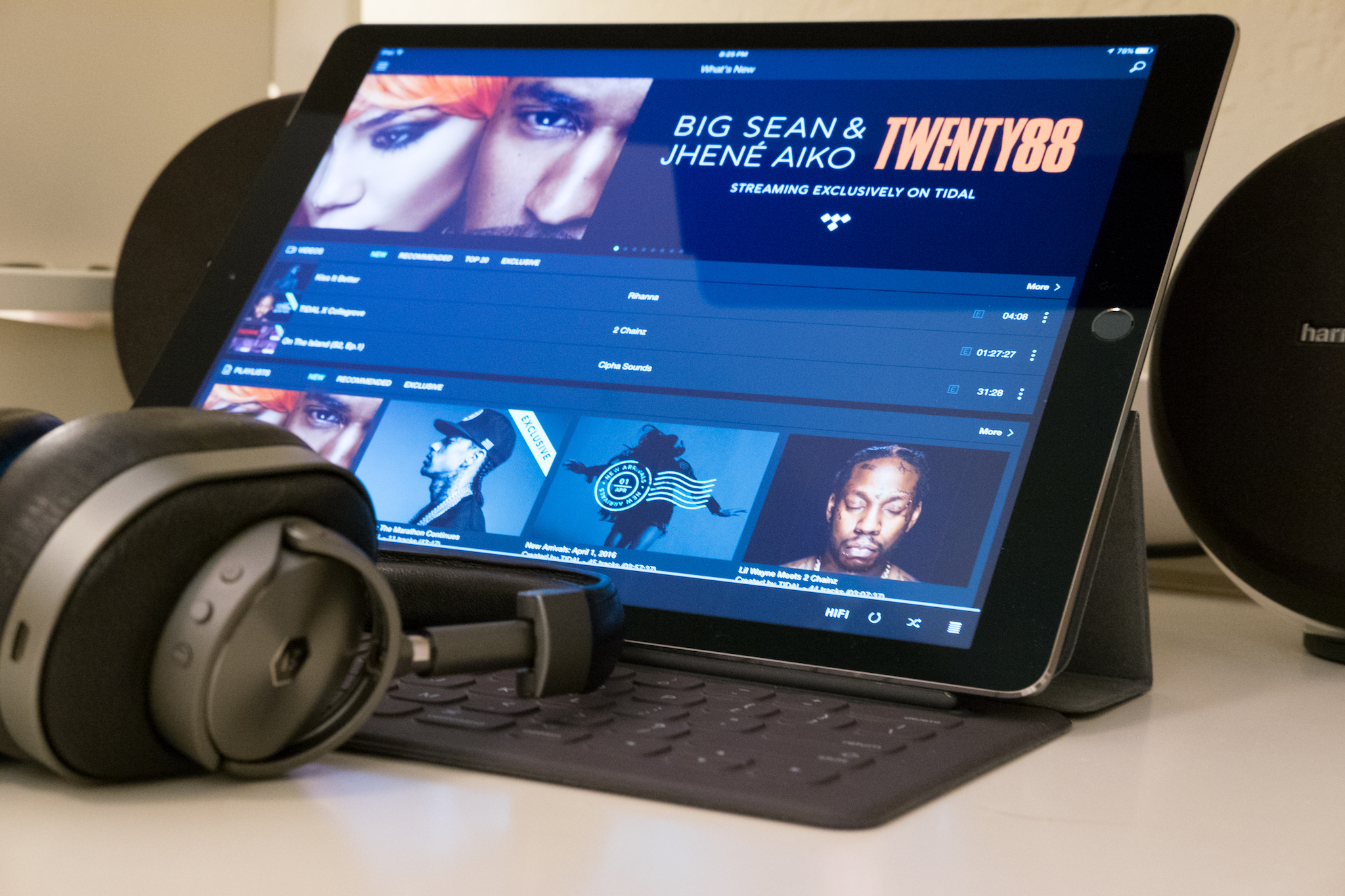
Apple should buy Tidal
As a Tidal subscriber, I welcome Apple acquisition—assuming lossless tracks are made available through the fruit-logo company's music services. Not that anyone should seriously believe the rumors. But one can hope.
Merger talks are typically silent affairs. When they're serious, you don't hear about them until there is a deal. Reasons are many, with regulatory being among them when public companies are involved. Acquisition rumors often mean something else: Principal party leaks information about preliminary or ongoing discussions to gauge customer and shareholder reaction; one side or the other is dissatisfied with progress/terms and seeks to apply pressure.
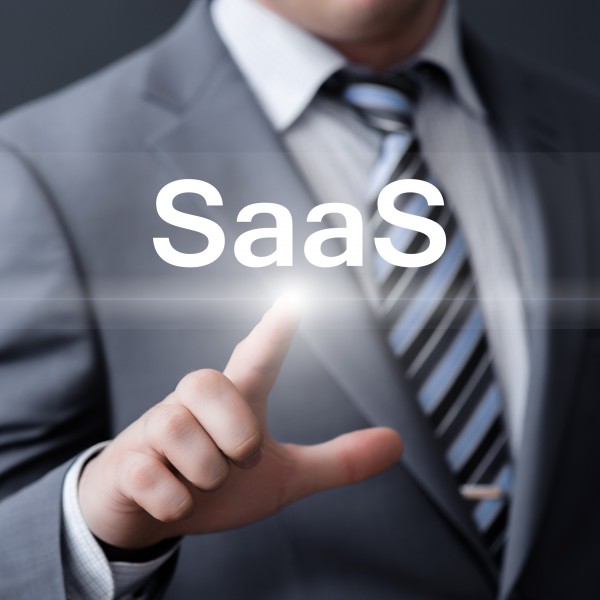
SaaS market is set to reach $55 billion by 2026
A new study by software selection site Better Buys shows that the shift to SaaS solutions is growing apace, expected to increase from just $8 billion in 2015 to $55 billion by 2026.
It also reveals that more than 1,400 new SaaS companies have sprung up in the last five years, taking a large volume of market share from major competitors like Adobe, Cisco, IBM, and Salesforce, and accounting for 57 percent of the SaaS market.
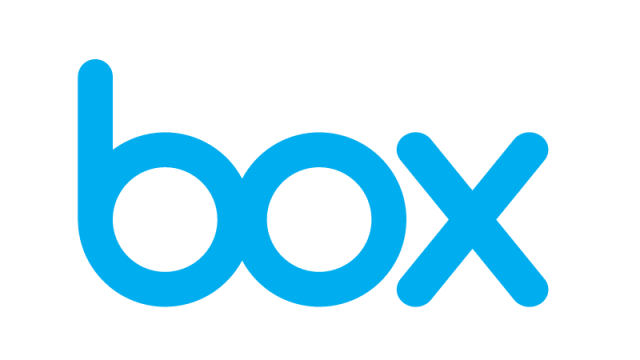
Box launches Shuttle service to speed up data migration
Box wants enterprises all over the world to migrate their data to the Box cloud, and it has now launched a new service to help them achieve that goal.
The service, named Box Shuttle, enables businesses the migration of millions of files in a secure and timely fashion. Announcing the new product, the company said early feedback was "extremely positive".
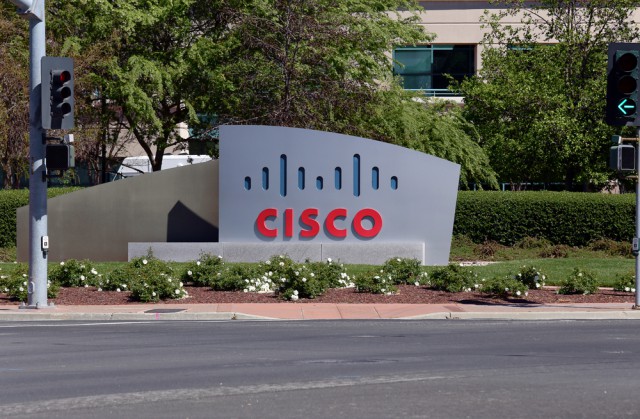
Cisco buys cloud security provider CloudLock
Cisco has announced that it will be acquiring the cloud-based security provider CloudLock for $293 million in cash and equity.
CloudLock makes use of application program interface (API) technology to allow enterprises to apply and monitor the security of documents and other content that is accessible via cloud-based applications. The service works with Office 365, Google Drive, Salesforce applications and thousands of other apps and programs.

New cloud platform gives companies insight into channel sales
Companies selling IT solutions via channel partners can easily find that they spend all their time dealing with resellers and distributors, and consequently lose touch with their end users.
Channel management company Zyme is launching a new cloud platform that helps global B2B and B2C enterprises monitor and optimize the performance of their distribution channels through timely, actionable intelligence.

Microsoft cloud changes are overwhelming its customers
Microsoft partners are witnessing Office 365 technology updates, refreshes and changes outpacing their customers' ability to keep up with them.
This is according to a new study by customer experience specialist harmon.ie which surveyed more than 200 Microsoft partners worldwide. Thanks to the complexity and rate of change, partners are seeing new opportunities to step in and provide the much needed bridge to help companies keep up.

Google's creepy My Activity page reveals the terrifying amount of data collected about you
That Google gathers data about you is not news. If you use Google products, it's something you've decided to put up with -- either that, or you live in blissful ignorance of. Whether you're using Gmail and YouTube online, Google keyboard on your Android smartphone, Chrome across platforms, or whatever, being a Google user means handing over an awful lot of personal information.
But just how much does Google know about you? If you use the voice-activated "OK, Google" feature of your phone, there are probably lots of recordings of you stored online; what about everything else? Google has now launched My Activity, a portal which reveals everything the company knows about you. Every search you’ve made, the apps you've used, the videos you've watched, and everything in between.

75 percent of IT pros lack visibility into their hybrid clouds
A majority of organizations lack visibility into their cloud infrastructure, file shares, user activity and mobile devices, according to a new survey.
The study from cloud governance specialist Netwrix reveals that almost 65 percent of organizations do not have complete visibility into user, IT and third-party activity in their IT infrastructure. In addition 75 percent of respondents have partial or no visibility into their cloud and hybrid IT environments.
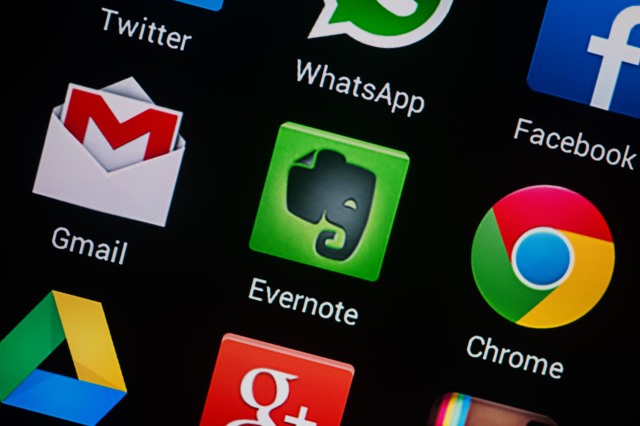
Evernote ramps up its prices by a third and imposes restrictions on free users
Evernote has today announced that it is increasing the prices of its paid-for packages, whilst simultaneously increasing the restrictions on free Basic accounts. Both the Plus and Premium tiers are increasing in price by a third, while those looking to avoid having to pay will find that they are now limited to syncing data between just two devices.
Evernote says that the price increase reflects a "significant investment of energy, time, and money" that will be needed "to deliver the Evernote we envision" -- something the company admits it has a "long way to go" before achieving.

New solution allows intelligent management of data growth
The amount of data companies have to deal with is getting bigger and bigger, it's expensive to store and time consuming to manage. Little wonder then that businesses are looking for solutions that can automate the process.
Komprise, emerges from beta today with a solution that lets companies automate the management of enterprise data with analytics and insight -- across both cloud and on premise.
